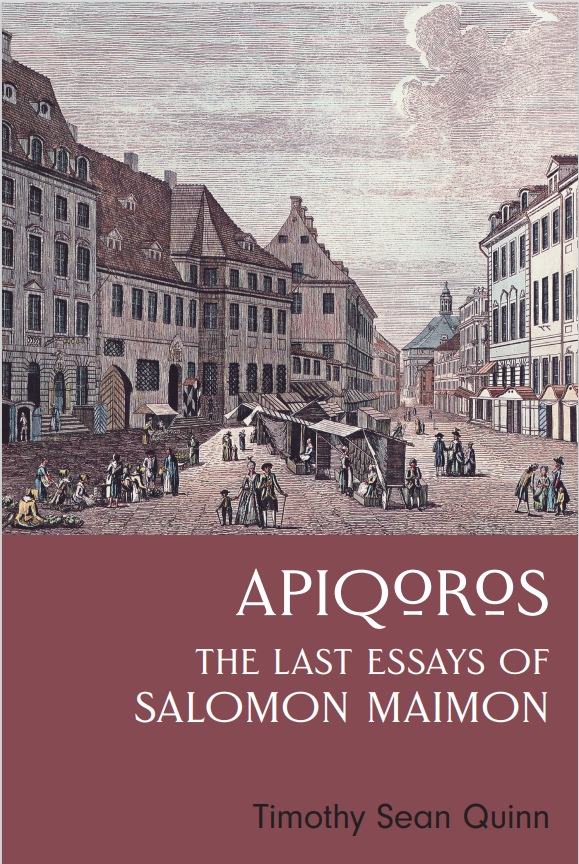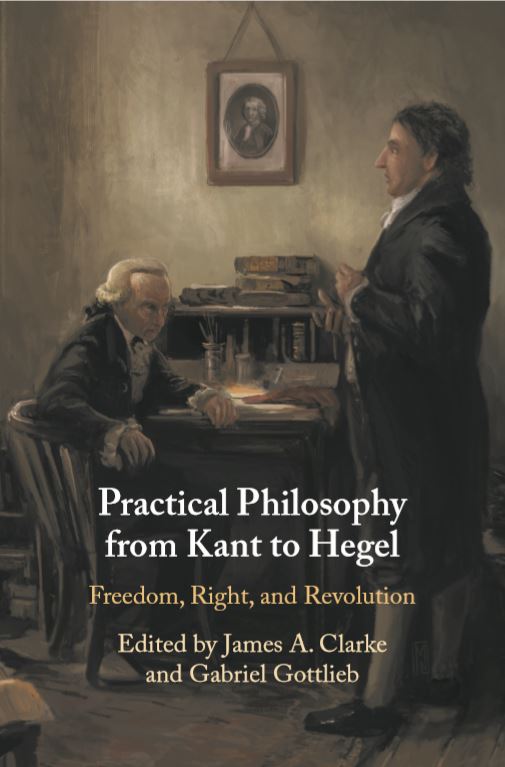Faculty in Department of Philosophy Publish New Books
April 21, 2021
Timothy Quinn, Professor of Philosophy, and Gabriel Gottlieb, Associate Professor of Philosophy, have each published new books.
Practical Philosophy from Kant to Hegel: Freedom, Right, and Revolution
Edited by James A. Clarke and Gabriel Gottlieb
Scholarship on Kant's practical philosophy has often overlooked its reception in the early days of post-Kantian philosophy and German Idealism. This volume of new essays illuminates that reception and how it informed the development of practical philosophy between Kant and Hegel. The essays discuss, in addition to Kant, Hegel and Fichte, relatively little-known thinkers such as Pistorius, Ulrich, Maimon, Erhard, E. Reimarus, Reinhold, Jacobi, F. Schlegel, Humboldt, Dalberg, Gentz, Rehberg, and Möser. Issues discussed include the empty formalism objection, the separation between right and morality, freedom and determinism, nihilism, the right to revolution, ideology, and the limits of the liberal state. Taken together, the essays provide an historically informed and philosophically nuanced picture of the development of post-Kantian practical philosophy.
 Apiqoros: The Last Essays of Salomon Maimon
Apiqoros: The Last Essays of Salomon Maimon
Timothy Sean Quinn
Although Kant considered him the greatest critic of his work, and Fichte thought him the most impressive mind of the generation, Salomon Maimon (1753–1800) has fallen into relative obscurity. Apiqoros: The Last Essays of Salomon Maimon draws attention to works written during the final years of Maimon’s life. These essays are of particular interest: they show that even though Maimon was a self-proclaimed apiqoros grappling with the implications of Kantian philosophy, his thinking remained deeply influenced by his Jewish intellectual inheritance, especially by Maimonides. The volume is divided into two parts. The first is a general account of Maimon’s intellectual biography, along with commentary on his final essays. The second part provides translations of those essays, the principal themes of which concern moral psychology. The reader is thus able to see the degree to which Maimon, at the end of his life, became skeptical of his effort to unite Kant and Maimonides, and remained a thinker caught “between two worlds.” The book concludes with a translation of an account of Maimon’s final hours, penned by one of his friends.
